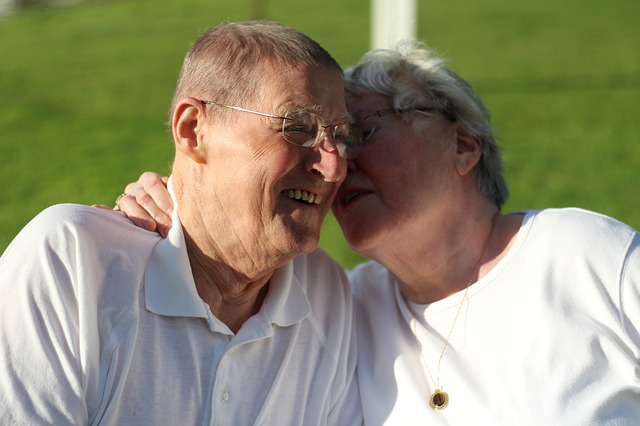We have been caring for my 84-year-old mother-in-law in our home after she broke her back. My husband and I have learned some good lessons about performing custodial care for an elderly person or senior citizen. Right from choosing their toiet frame to making their lives more comfortable. I’m writing a series of articles based on our experiences with in-home care of disabled, senior citizens. Today’s topic: Choose Your Battles. Whether your elderly loved one is suffering from dementia, Alzheimer’s Disease, or hardening of the arteries, all of which cause confusion and incoherence, or if your elderly loved one has all her faculties and is functioning well mentally, there are some common care issues.
Caring for a senior citizen, especially one who is recuperating from an illness or injury is similar in some ways to caring for a child. You have to set boundaries, help them make decisions, and be their advocate, as you would a child. It is essential also, to maintain respect also. The difference between caring for a child and an elderly person is that your elderly loved one has lived for 75+ years. They have established their own system of performing activities. If a senior citizen gets ill or experiences injury it doesn’t change the way they like to do things. Sometimes they will listen to their physician or therapist and sometimes they refuse. When they refuse, it may be due to the medications they are taking or it may be that they don’t understand why they need to change. Some senior citizens are more stubborn than others also. Women tend to be more obedient than men. I’m glad that it’s my mother-in-law I have to care for and not any of the men in my life. My father is the poster child for stubbornness. I can only imagine the battles I’d have if I had to care for him (I love you, Dad, but you know it’s true). One way or the other, however, the medical profession will expect you to follow through with their orders. A professional medical person with experience dealing with elderly people understands this dilemma that most seniors and senior caregivers experience.
Here is a plan that has worked for us when my mother-in-law has been unwilling to do what her medical caregivers suggest. For example, her occupational therapist has given her some exercises that she doesn’t want to perform. First of all, we stay very encouraging and positive. We let her talk. We are very careful not to belittle, shame, or nag her, or make her feel that we are doing any of those things. We let her explain to us why she doesn’t want to do certain exercises. We explain very carefully why the exercises are important and try to avoid patronizing her. Sometimes, she just didn’t completely understand the reasoning or how to do the exercises. If the exercises were given to her in a medicated state, she often has difficulty remembering how to perform the exercises.
When all is said and done, if she performs the exercises or not, we don’t remind her, nag her or pester her about them. This makes her feel backed in a corner. Basically, we choose our battles. It’s not worth it to upset and frustrate her; and furthermore, we find that she will do the exercises much more willingly if she knows that we trust her to make her own decisions.
All the best to you and you and your loved ones.





